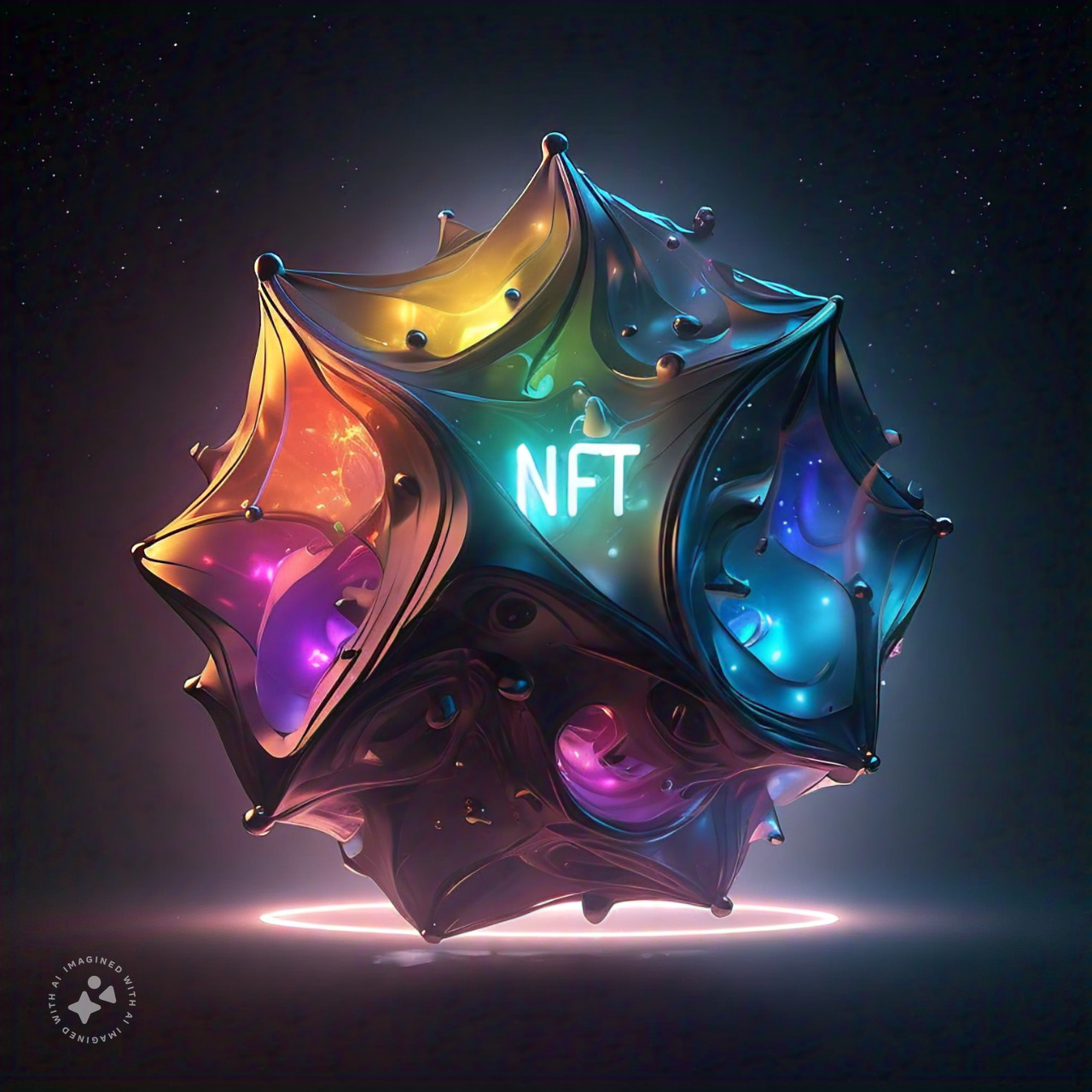Cryptokittals or Non-Fungible Tokens (NFTs) have been one of the most hyped new features in the cryptocurrency ecosystem. An NFT stands for a non-fungible token and these are owned pieces of the digital world that can be bought, sold or traded and can be attached to anything from art to music, games, and virtual land. There is more interest in the NFTs, and as the influence of this market grows, the effect on the whole crypto market. In this blog, we would be examining how NFT has impacted crypto trading, the benefits it brings and the disadvantages that come with it.
Table of content
What are NFTs?
Usually it is worth mentioning the NFTs, which is Non-Fungible Tokens, are collectible tokens associated with digital assets and stored on blockchains. This is very different from the different cryptocurrencies like the Bitcoin, Ethereum and others where each coin is a unit of value that is basically the same as the other, and cannot be substituted by another individual coin. This characteristic makes the use of NFTs highly beneficial in proving rights of ownerships over things such as digital art, collectibles and even physical products. Non-fungible tokens are created by a process called minting and are usually created using blockchain technology, normally on Smart contracts on Ethereum.
Prospects in NFT Crypto
NFTs have been arising as a result in the world of crypto trading and have given numerous possibilities. Here are some of the most notable:Here are some of the most notable:
Investment Potential: It has been proved to be effective to invest money in NFTs as many people who invested at the right time saw their earnings from the artworks such as painting, music, and collectibles. Hyped sales like the one where digital artwork sold for millions of dollars have placed NFTs as the future of owning digital assets.
Diversification in Portfolios: To the crypto traders, NFT is an opportunity to expand the variety of assets, which they can invest in, besides coins and tokens. By investing in NFTs traders are able to diversify their sides of income such as getting revenues from subsequent sales of NFT based assets.
Innovation in Gaming and Metaverse: NFTs could prove to be extremely valuable in the new world or “metaverse” as has been described as the digital world where people can own objects of trade. Games such as Decentraland and Axie Infinity have made NFTs fully embedded features to make virtual territories, characters or inmates available for possession.
Tokenization of Real-World Assets: As much as NFTs are related to graphics, music, videos or any kind of digital artwork, they can also unlock real physical assets like real estate, specific objects or the intellectual property. Such tokenization holds the potential to change the very nature of how the ownership is exchanged, and brings about enhanced speed, clarity and safety to the transaction.
Risks Associated with NFTs
However, the enormous opportunities for NFTs in crypto trading come with certain dangers encountered on the wave. Some of the most prominent concerns include:Some of the most prominent concerns include:
Market Volatility: Unlike crypto currencies, NFTs can also experience huge volatility. The price fluctuations also contribute to lack of long term return expectations among the traders. It also means that NFT is usually overpriced due to market hype and this leads to pricing bubble that can burst leading to losses.
Security Issues: The same way they are decentralized makes them face security threats. Reports of hack, fraud, or scams are all too familiar in the world of NFT market places. With inadequate measures put in place, buyers and sellers are likely to be defrauded or locked out of their NFTs.
Environmental Concerns: One of the major points which followed NFTs’ creation is the problem of their influence on the environment. The creation of minted coins coupled with the execution of various transactions on blockchain networks based on energy-intensive systems such as Ethereum use considerably high power causing the emission of carbon.
Regulatory Uncertainty: The ownership, intellectual property as well as taxation related to ownership of NFTs is still not well defined in the legal ambit. When regulatory bodies begin came up with laws and regulations as to the use of NFTs by various parties, traders may end up facing compliance issues or liabilities they did not see coming.
The Use of Crypto Currencies in Crypto Trading and the Future Prospects on NFTs
There is a great potential for NFTs in the future of crypto trading although it comes with its barriers. According to most trend analysts, they expect more NFTs to connect with DeFi frameworks to create complex trade. Also, as the market evolves and becomes more stabilized, there may appear better regulation and, therefore, more coverage for the consumers and the sellers involved in these transactions.
Technologically, there are expectations that NFTs will go through improvements and transform other sectors beginning with entertainment, sports, and intellectual property industries. With celebrities and brands using NFTs to communicate with their followers, we may have emergent forms of intellectual property and fandom.
Conclusion
Any way, all those opportunities and many more come with emerging risks and threats that crypto traders are likely to face in the future. As the new lucrative investment, diversification, and innovation opportunity, traders should be cautious about the risks such as volatilities, security, and the environment in the NFTs market. Therefore, the future in the area of NFTs in overall crypto trading will specially depend on the technological as well as regulatory developments in the market. It is important therefore for those interested in this area to remain informed and proactive when engaging in this new NFT market.
